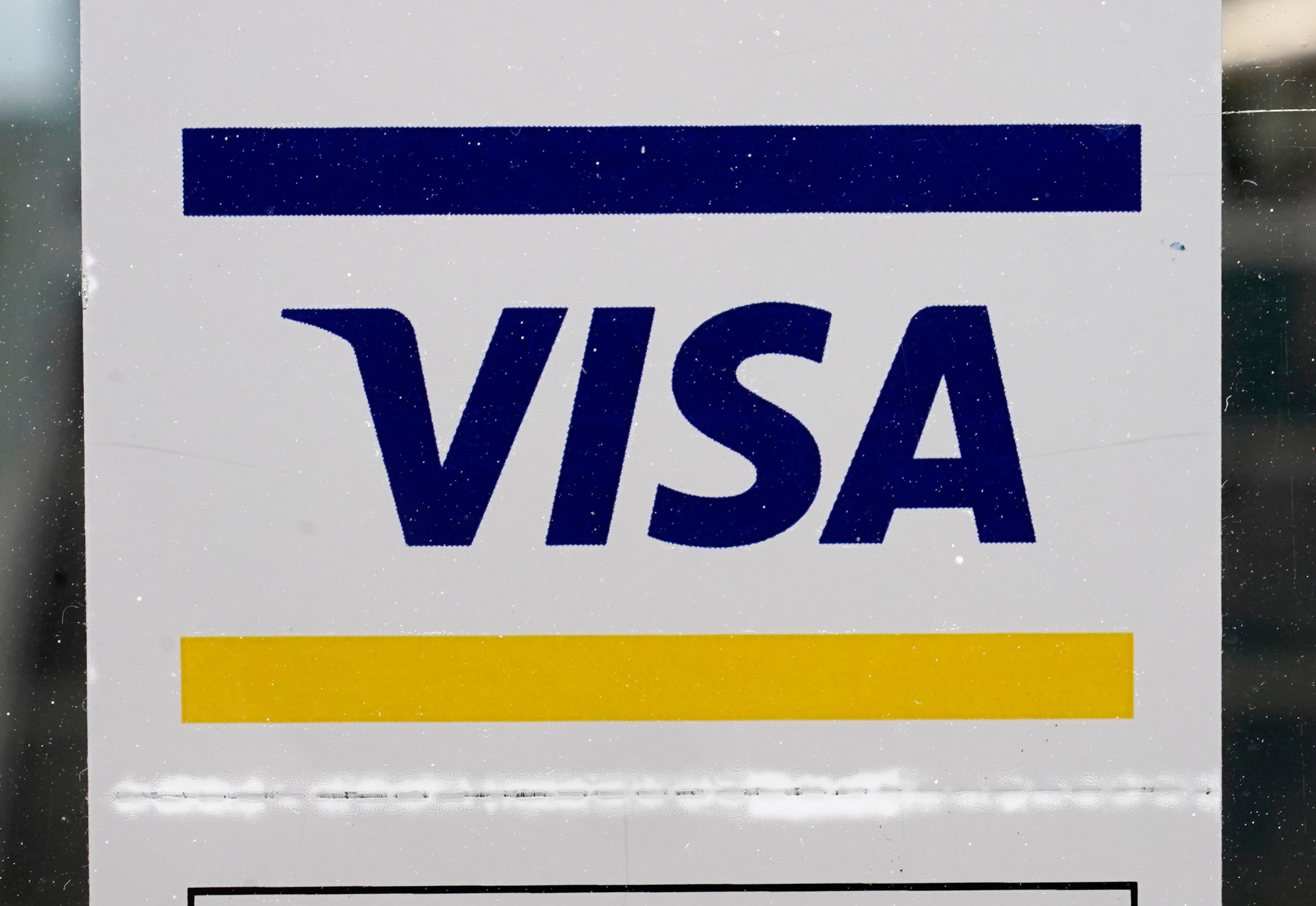Changes from Visa mean Americans will carry fewer physical credit, debit cards in their wallets
Visa has announced major changes to how its credit and debit cards will operate in the U.S. Features in the works will lead to Americans to carry fewer physical cards in their wallets and make the 16-digit credit or debit card number printed on every physical card increasingly irrelevant

Your support helps us to tell the story
From reproductive rights to climate change to Big Tech, The Independent is on the ground when the story is developing. Whether it's investigating the financials of Elon Musk's pro-Trump PAC or producing our latest documentary, 'The A Word', which shines a light on the American women fighting for reproductive rights, we know how important it is to parse out the facts from the messaging.
At such a critical moment in US history, we need reporters on the ground. Your donation allows us to keep sending journalists to speak to both sides of the story.
The Independent is trusted by Americans across the entire political spectrum. And unlike many other quality news outlets, we choose not to lock Americans out of our reporting and analysis with paywalls. We believe quality journalism should be available to everyone, paid for by those who can afford it.
Your support makes all the difference.Your wallet may soon be getting thinner.
Visa on Wednesday announced major changes to how credit and debit cards will operate in the U.S. in the coming months and years.
The new features could mean Americans will be carrying fewer physical cards in their wallets, and will make the 16-digit credit or debit card number printed on every card increasingly irrelevant.
They will be some of the biggest changes to how payments operate in the U.S. since the U.S. rolled out chip-embedded cards several years ago. They also come as Americans have many more options to pay for purchases beyond “credit or debit," including buy now, pay later companies, peer-to-peer payment options, paying directly with a bank, or digital payment systems like Apple Pay.
“I think (with these features) we’re getting past the point where consumers may never need to manually enter an account number ever again,” said Mark Nelsen, Visa’s global head of consumer payments, in an interview.
The biggest change coming for Americans will be the ability for banks to issue one physical payment card that will be connected to multiple bank accounts. That means no more carrying, for example, a Bank of America or Chase debit card as well as their respective credit cards in a physical wallet. Americans will be able to set criteria with their bank — such as having all purchases below $100 or with a certain merchant applied to the debit card, while other purchases go on the credit card.
The feature, already being used in Asia, will be available this summer. Buy now, pay later company Affirm is the first of Visa's customers to roll out the feature in the U.S.
Some of Visa’s new features are in response to online-payments fraud, which continues to increase as more countries adopt digital payments. The San Francisco-based company estimates that payment fraud happens roughly seven times more often online than it does in person, and there are now billions of stolen credit and debit card numbers available to criminals.
Other new elements are also in response to features that non-payments companies have rolled out in recent years. The Apple Card, which uses Mastercard as its payment network, does not come with a printed 16-digit account number and Apple Card users can request a fresh credit card number at any time without having to dispose of the physical card.
Visa executives see a future where banks will issue cards where the 16-digit account number, if the new cards come with them, is largely symbolic.
Among the other updates unveiled by Visa are changes to tap-to-pay features. Americans will be able to tap their credit or debit cards to their smartphones to add the card to mobile wallets, instead of using a smartphone's camera to scan in a card's information, or tap the card to their smartphones to approve a transaction online. Visa will also start implementing biometrics to approve transactions, similar to how Apple devices use a fingerprint or face scan to approve transactions.
The features will take time to filter down to the banks, which will decide when or what to implement for their customers. But since the banks and credit card companies are Visa's customers, and issue cards with the Visa label, these are features that the financial institutions have been asking for.